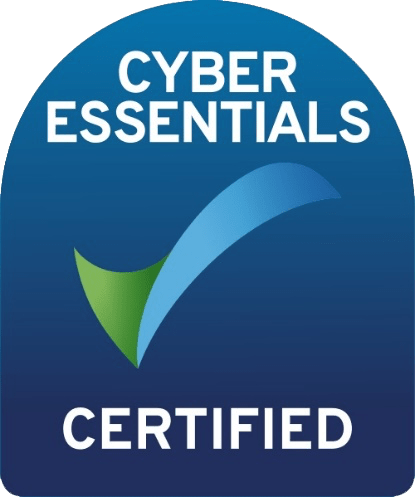Malware, short for malicious software, encompasses a wide range of malicious programs designed to infiltrate and compromise systems. Among the numerous threats that individuals and businesses face, malware can have a significant impact. Here are some brief outlines of some of the most common types of malware:
Viruses
Viruses are one of the oldest and most well-known types of malware. They attach themselves to legitimate files or programs and spread by infecting other files or systems. Viruses can cause data corruption, system crashes, and unauthorised access, making them a serious threat to individuals and networks.
Worms
Unlike viruses, worms do not require human interaction to spread. They replicate themselves and spread across networks, exploiting vulnerabilities in operating systems or applications. Worms can cause significant network congestion, consume bandwidth, and even install backdoors for remote control or further exploitation.

Trojans
Named after the legendary Trojan horse, Trojans disguise themselves as legitimate software or files to deceive users. Once installed, Trojans grant unauthorised access to cybercriminals, who can steal sensitive information, install additional malware, or manipulate the compromised system. Trojans are commonly spread through email attachments, downloads, or compromised websites.
Spyware
Spyware is designed to covertly monitor and gather information about a user's activities. It can track keystrokes, capture screenshots, record browsing habits, and steal sensitive data, including passwords and financial information. Spyware is often bundled with seemingly harmless downloads or hidden within malicious websites.
Adware
Adware is a type of malware that bombards users with unwanted advertisements. While not as malicious as other forms of malware, adware can be intrusive and disruptive. It may redirect browsers to unwanted websites, slow down system performance, or even collect user information for targeted advertising purposes.
Ransomware
Ransomware encrypts a victim's files or locks their computer system, rendering the data inaccessible. The attackers behind the ransomware then demand a ransom, usually in the form of cryptocurrency, in exchange for decrypting the files or restoring access to the compromised system.
With cybercriminals continuously innovating to exploit vulnerabilities and compromise systems, the landscape of malware is continuously evolving. Understanding the different types of malware is essential for individuals and organisations to implement robust cybersecurity measures.
Contact us for advice on improving your business's cybersecurity.
Share This Post:
About Carrera UK
Carrera UK provide IT support, IT services, and telecoms to small businesses in Portsmouth & Southampton in Hampshire, and across the South of England.
We offer a complete suite of IT and telecoms service solutions for small and medium-sized businesses, including IT support, cyber security, email and Microsoft 365 services, VoIP business phones, and lease IT equipment.
We know how important IT is to your business and we will work hard as your trusted IT and telecom service provider to find the best solutions for you. Our IT support and solutions give you the assurance that your business technology will be robust, reliable, and cost-effective.


